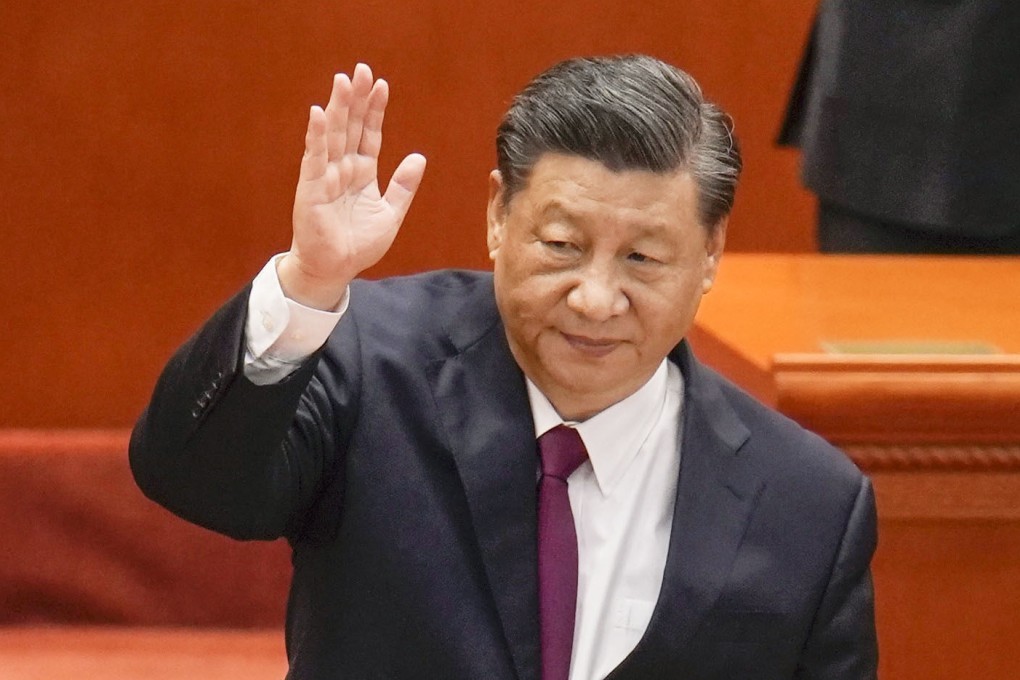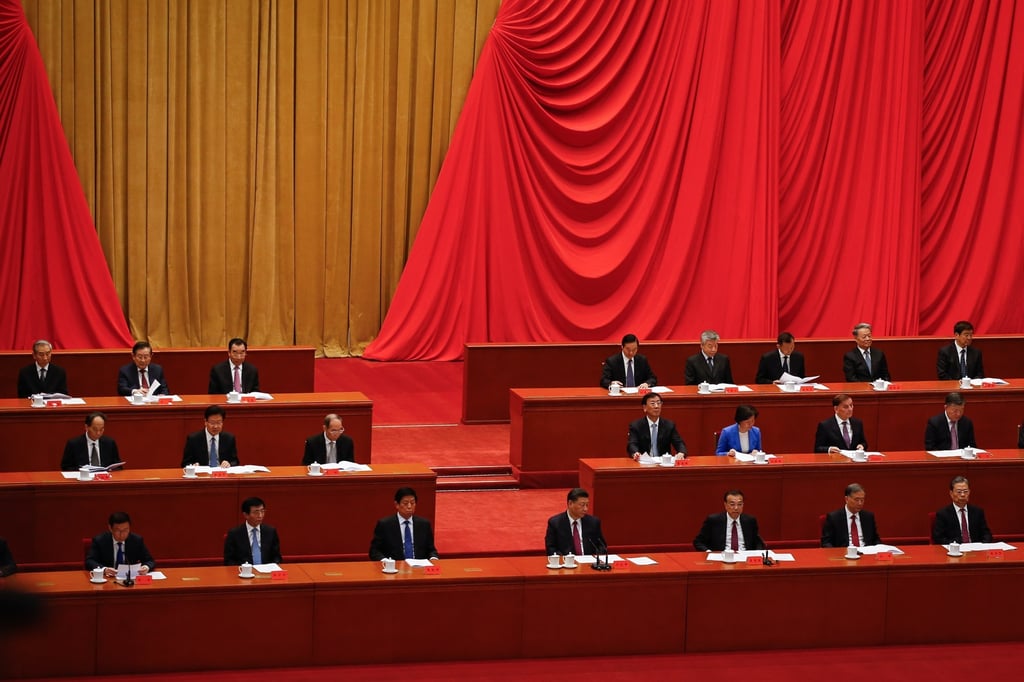China Briefing | Who are China’s real power brokers? The ‘Great Wall of Secrecy’ makes it hard to fathom
- Political hacks claiming access or influence in Beijing once thrived in secret until Chinese leader Xi Jinping cracked down on graft and consolidated power
- Fascinating stories have emerged in state media but we may never know if these were political grifters or real brokers who’ve been denounced as con artists

Penetrating the wall of secrecy to stay better informed is a constant struggle not only for foreign scholars and businesses. It’s the case too for Chinese bureaucrats inside the political system who are looking for opportunities to ingratiate themselves with high-ranking leaders for career promotions, or for a get-out-of-jail card when they are in trouble.
But finding the right person with direct access to decision makers can be a hazardous process, not least because Chinese leaders are zealously guarded about the privacy of their family members and relatives whose activities are off limits from any public scrutiny.

This has given rise to a murky industry of power brokers who claim to be related to the incumbent or retired leaders, or their confidants, offering access or promises of career promotions in exchange for money or other favours.
Some of them may tell the truth but many more appear to be con artists preying on the greed and political ambitions of bureaucrats.
